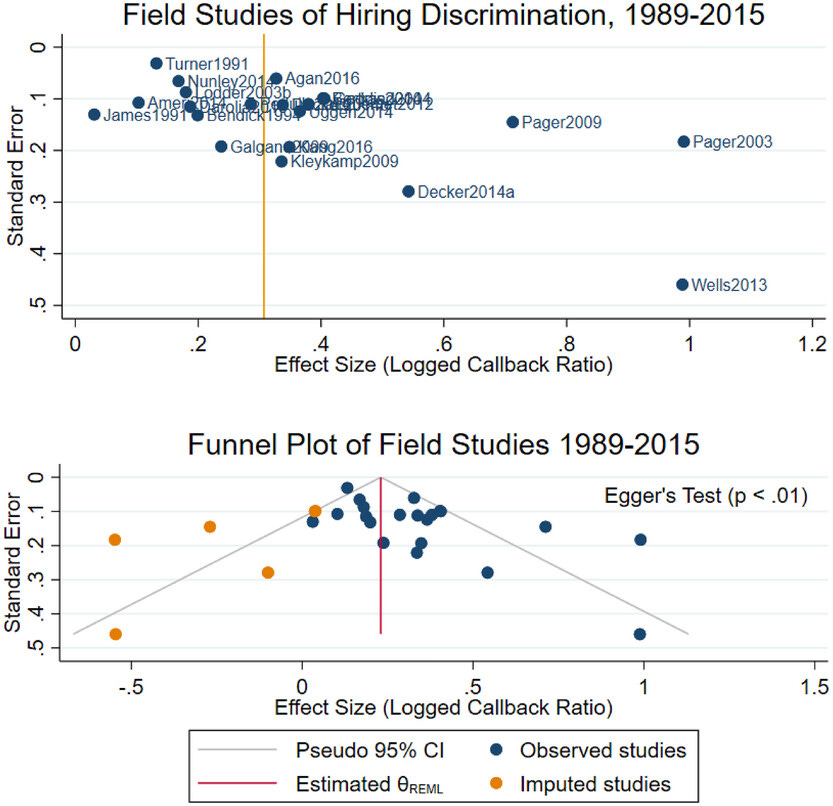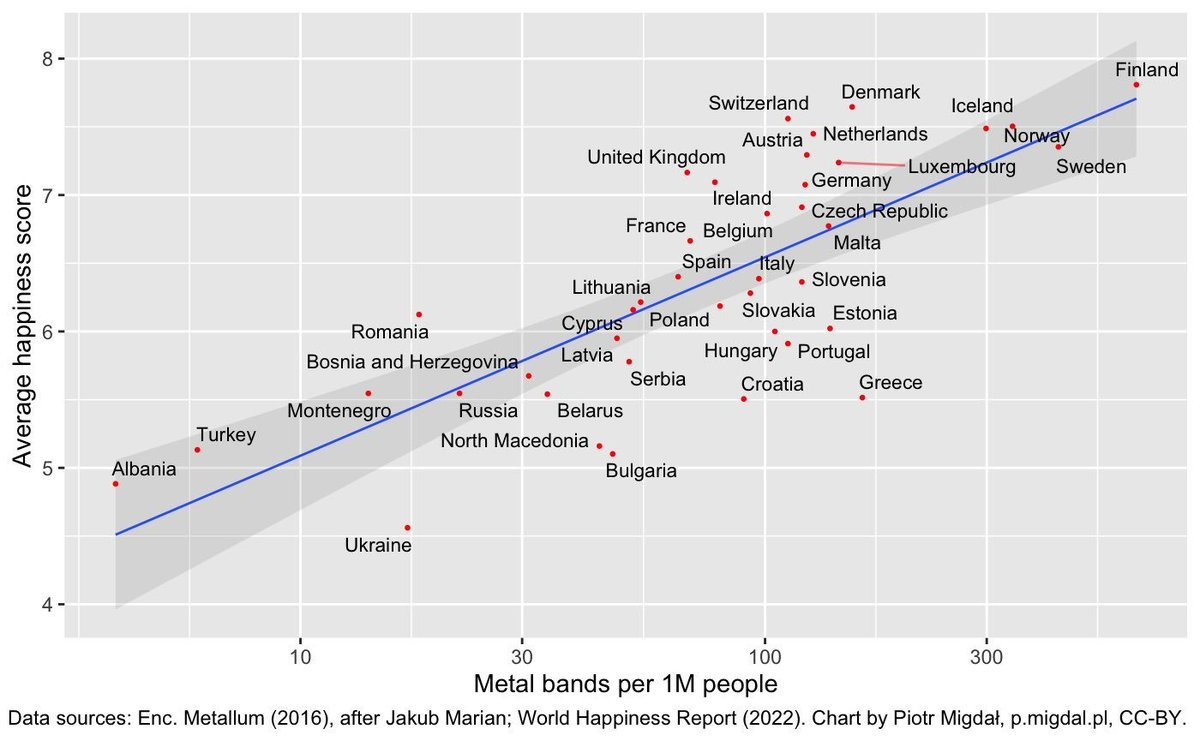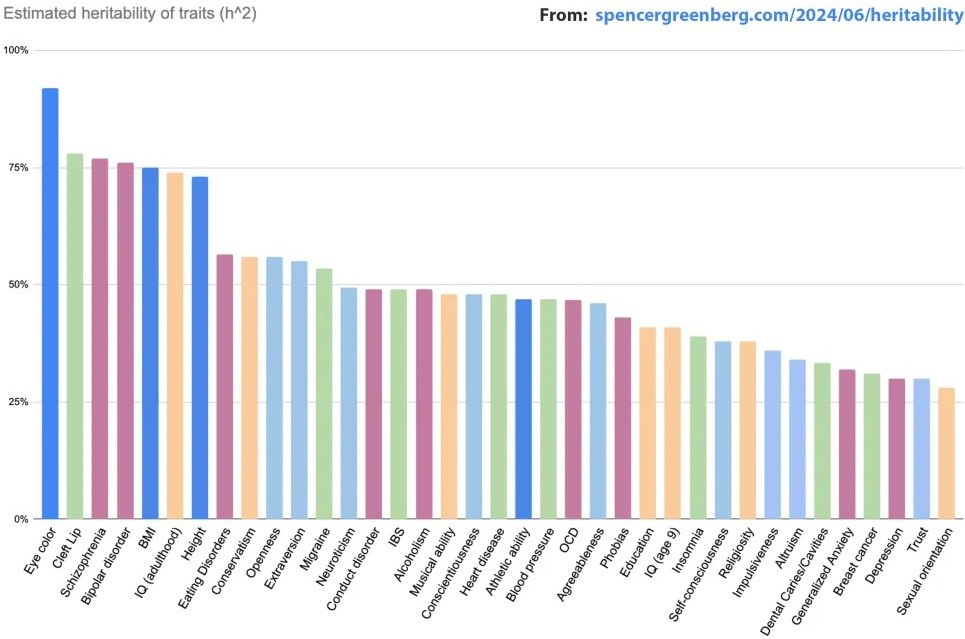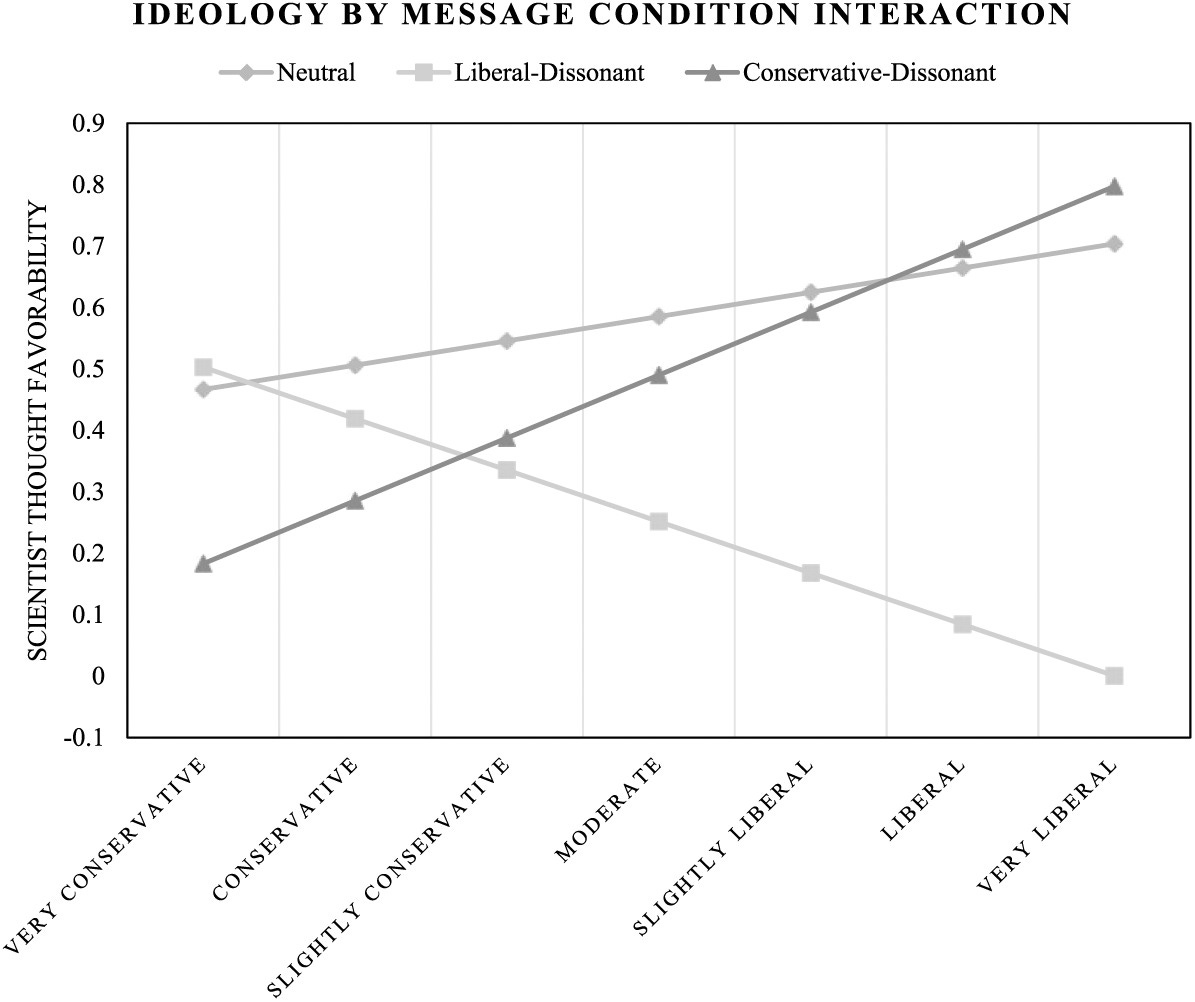Political Bias, Scientists Behaving Badly, and Recent Human Evolution
The Nature-Nurture-Nietzsche Linkfest for September 2024

Welcome to the latest N3 Newsletter Linkfest: a collection of links to papers and articles that grabbed my attention over the last few weeks. This edition covers a wide range of topics, including:
Publication bias in research on racism
How political ideology melts people’s brains
General intelligence in other animals… and maybe AIs
How prenatal hormones shape sexual orientation
New research on recent human evolution
You can access the complete collection of Linkfests here. And stay tuned for the next instalment in my 12 Things Everyone Should Know series, which will drop next Saturday…
Hot Off the Press: Recent Findings in Psychology
Social Psychology
A new paper reveals significant publication bias in field studies of racial discrimination in hiring. Studies that fail to find discrimination - or that find discrimination favoring disadvantaged groups - are less likely to be published. Needless to say, racial bias is real and racial discrimination happens. However, as a result of publication bias, the scientific literature may overstate their prevalence. [Link - see supplementary materials.]
A large-scale registered replication report found no evidence that stereotype threat negatively affects women’s math performance. This adds to a growing body of research that’s failed to replicate the famous effect. Note that the gender gap in average math performance has largely evaporated in the West, so it’s no longer clear what stereotype threat is meant to explain. [Link.]
Emotions
According to a widespread nugget of pop psychology, humans have 34,000 distinct emotions. I’ve always been skeptical of this claim, because I’ve personally only experienced 33,000. A recent paper confirms my suspicions. It analyzes the claim as a classic piece of pseudoscientific misinformation, which traces back to an unreferenced assertion in a TED talk. A more scientifically justifiable claim is that we have around 27 distinct varieties of emotional experience. [Link.]
The Psychology of Happiness
While income rose in the United States throughout the 20th century, subjective wellbeing flatlined. Before you ask, yes, income was adjusted for inflation. Thanks to Rob Henderson for the heads-up on this study! [Link.]
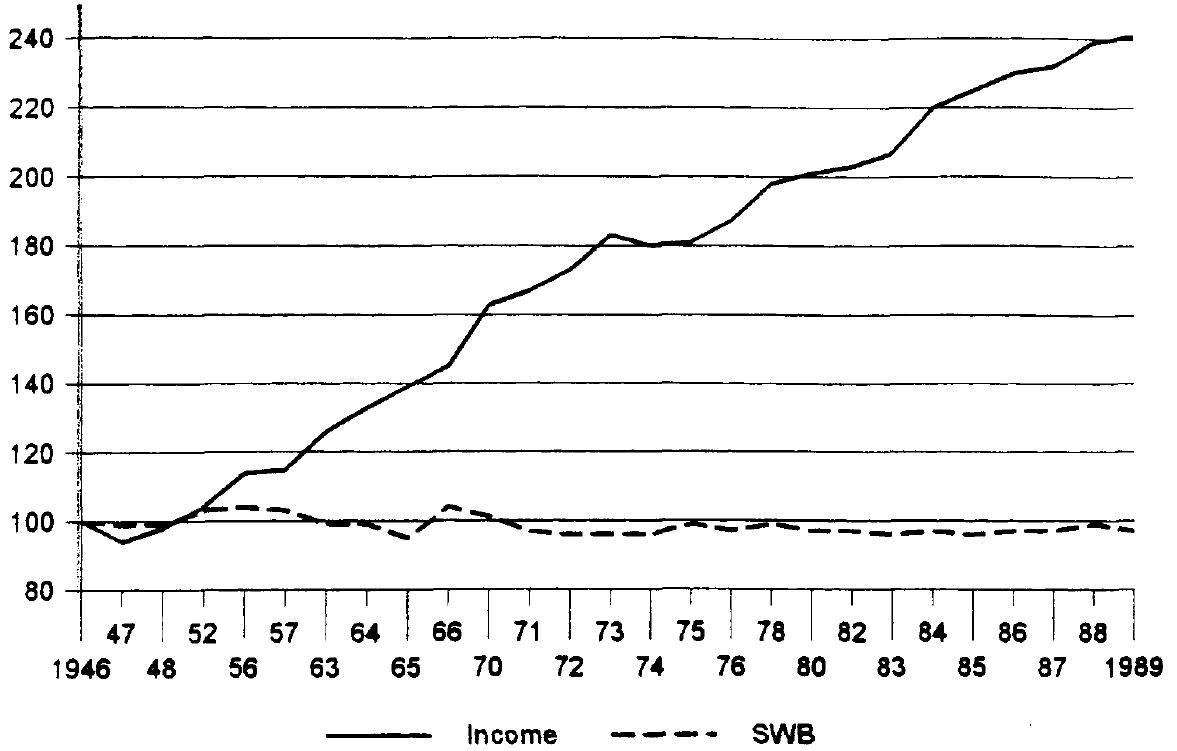
Interestingly, the happiest countries in the world tend to have the most heavy metal bands per capita. Normally, I’d caution against inferring causation from mere correlation, but in this case, I think we can safely assume a causal relationship.1 [Link.]
Behavior Genetics
Spencer Greenberg has put together a handy graph showing the heritability levels of various traits. Note that sexual orientation - which we’ll look at in more detail later - is the least heritable trait on the list. [Link.]
Political Bias
When the scientific consensus diverges from people’s political beliefs, people change their political beliefs. Just kidding! As shown in the graph below, people often just change their beliefs about scientists, seeing them less favorably and as less moral. [Link.]


